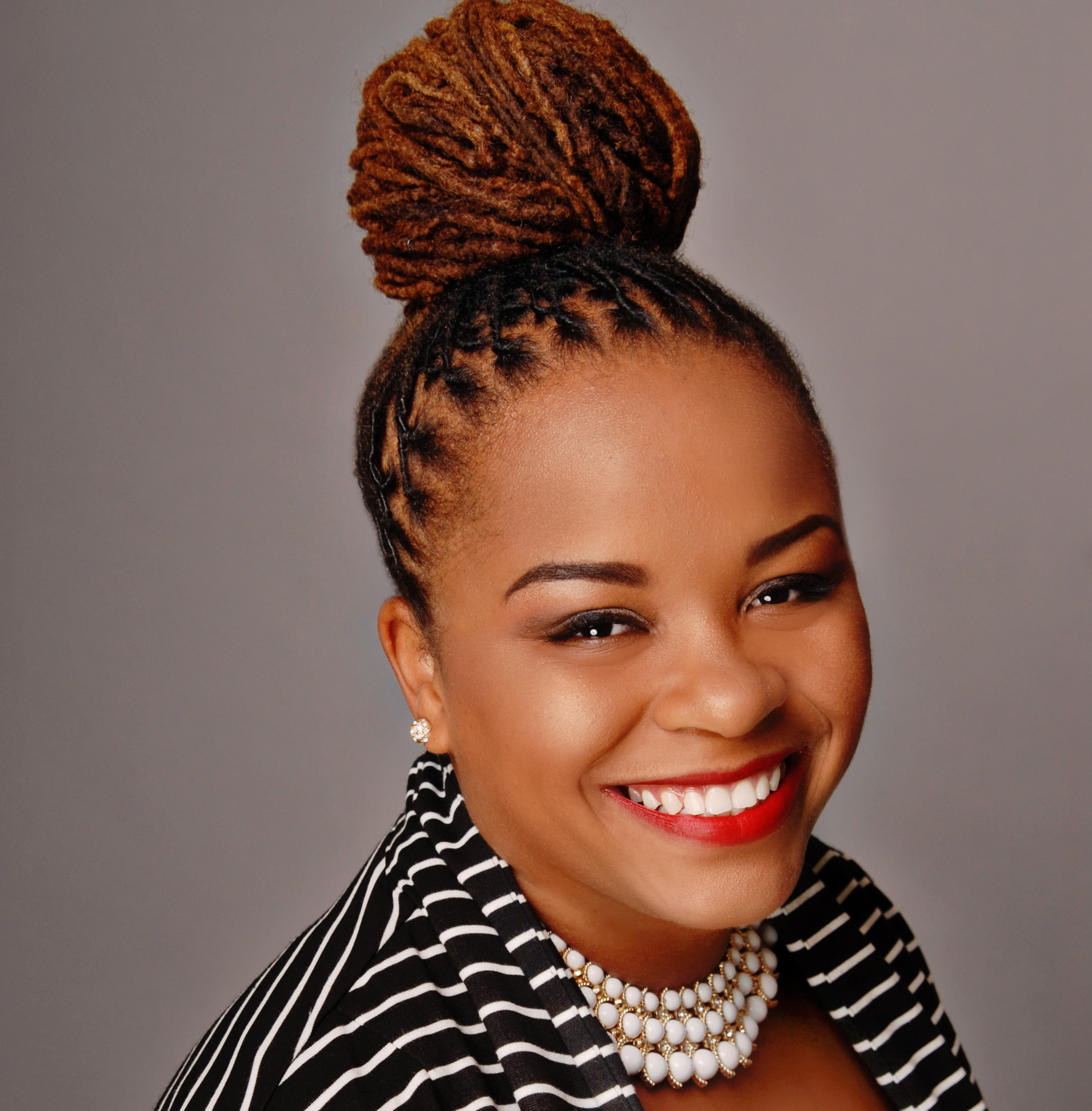
leg·a·cy [leg-uh-see] noun, plural leg·a·cies. 1. anything handed down from the past to the present, as from an ancestor to predecessor.
When I consider the legacy left to me by history’s most prominent HBCU students, alumni and professors, I find that it is their commitment to revolution that inspires me the most. I marvel at the strides made by past generations of HBCU students and educators who refused to embrace the world as it was but sought to change it for the better.
Hampton Institute alumnus Booker T. Washington founded the Tuskegee Normal and Industrial Institute in Alabama in 1881. He did this less than 20 years after slavery’s end. Equipped with a dilapidated building and the strength of his ideas, Washington turned rubble into a repository of knowledge. More than 100 years later, Washington’s school, now known as Tuskegee University, lives on and his legacy continues.
In the early 1960s, Diane Nash, a student at Fisk University in Nashville, became the leader of the Nashville Student Movement. In February 1961, she served jail time with nine students imprisoned after a lunch counter sit-in. Nash refused to pledge her allegiance to the ill-founded doctrine of Jim Crow. Instead she advocated for justice and equality. Nowadays, lunch counters from coast-to-coast are shared by patrons of every hue.

Alcorn State University alumnus Medgar Evers lost his life helping poor and disenfranchised blacks in his native state of Mississippi register to vote. He refused to believe that democracy was inaccessible to African Americans. Evers was gunned down in his driveway for championing equal voting rights and boycotting businesses that discriminated against blacks. Mississippi, once a leader in lynchings and the archetype for black-voter suppression, is now home to a myriad of elected black officials.
Fast forward a few decades and the list goes on.
Dr. Regina M. Benjamin, the 18th Surgeon General of the United States and an Xavier University grad, founded of a rural health clinic in Alabama, which she kept in operation despite damage and destruction inflicted by Hurricanes Georges and Katrina.
I couldn’t be prouder of the students at Paul Quinn College, who under the leadership of President Michael Sorrell, understood that their campus could be an oasis for fresh fruits and vegetables amid a food desert in the Dallas neighborhood where the school is housed. These students created a community garden where their unused football field once rotted.

This sense of activism and commitment to revolution is intrinsically woven into the fabric of who I am. It is what motivates me, a Howard University alumna, to reject the notion that poor kids don’t deserve access to a quality college education. It fuels my fervor and that of my H.O.P.E, Scholarship Initiative team to raise money to help college students, who are struggling financially, persist through college. It gives me the audacity to believe that seemingly small people can make a tremendous difference.
 Michelle Janaye is a co-founder and assistant director for The H.O.P.E. Scholarship Initiative, a 501 (c)3 non-profit organization designed to empower high-achieving students facing financial hardships. For more information about H.O.P.E. visit their website at www.TheHopeScholarship.org.
Michelle Janaye is a co-founder and assistant director for The H.O.P.E. Scholarship Initiative, a 501 (c)3 non-profit organization designed to empower high-achieving students facing financial hardships. For more information about H.O.P.E. visit their website at www.TheHopeScholarship.org.














